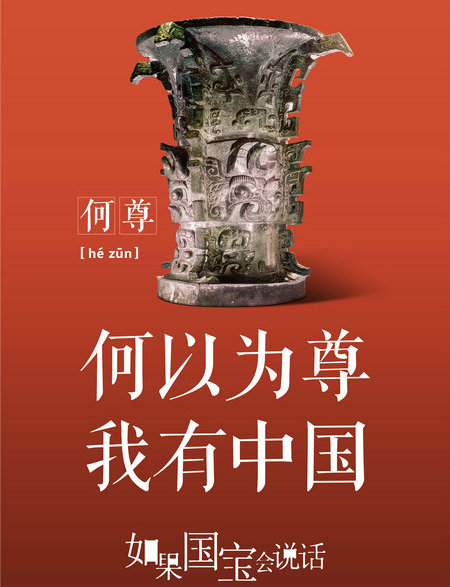 |
|
China's TV market is changing as more homegrown productions are being exported.[Photo provided to China Daily] |
Student must surpass the master
As increased government financial support and heavy investment from the private sector have invigorated China's TV sector, creative collaboration with overseas productions offers valuable knowledge, experience and expertise for a more mature industry, some front-line practitioners say.
Yao Xiaoying, a veteran Chinese TV producer and director, believes that adapting overseas formats into Chinese versions is more a matter of recreation rather than merely copying: "To make something phenomenal, learning-by-doing is not enough; one could say that the student has to surpass the master."
A few years ago, she and her team worked on adapting the British reality show The Cube into a Chinese version.
A quick learner, Yao quickly grasped the essence of the show and adapted it into a domestic version with an entirely new feel.
Yao believes that, while industrialization is the guarantee of quality, innovation provides the real competitive edge for success.
But she admits that Chinese TV productions still lag behind their Western counterparts on the industrial level, and have a long way to go in this respect.
Wang Xinyi, a director and producer with SMG Dragon TV which is based in Shanghai, holds a similar view.
During an exchange program organized by PACT, he visited a post-production company in London where everything was digitized. "That's still hard to achieve in China and indicates that country still has a lot to learn from the West," he says.
Meanwhile, China has its own advantages. Wang says innovation and originality are not only about making something from scratch, but also about telling an old story from a new perspective-or by employing new techniques.
His work, The Story in an Emergency Room, was inspired by the British reality medical show Jeremy Kyle's Emergency Room. Yet the Chinese version adopted a different narrative.
Using fixed cameras, the show demonstrated the sometimes tense relationships and trust crises between doctors and patients in China, the humanitarian spirit behind doctors' daily work, and the dignity, strength and resilience of life.
"That's the most touching part of this program, and how it differs from the original show," Wang says.
Besides non-scripted reality shows, Wang has also created cultural shows, which are becoming popular in China. He said the essence to making them is about combining taste, culture and the visual arts to make them more appealing to young viewers.
"It is not only about chanting ancient poems and presenting traditional operas, but also about refreshing the cultural memory and making tradition more fashionable," he says.